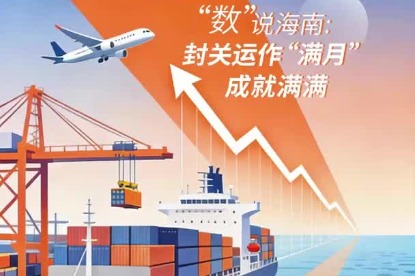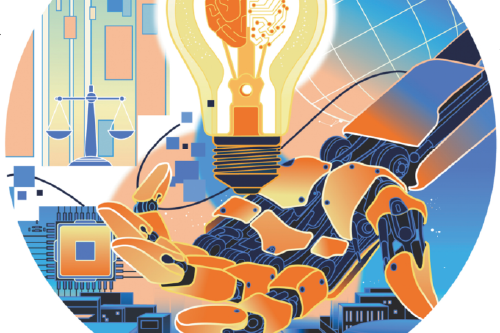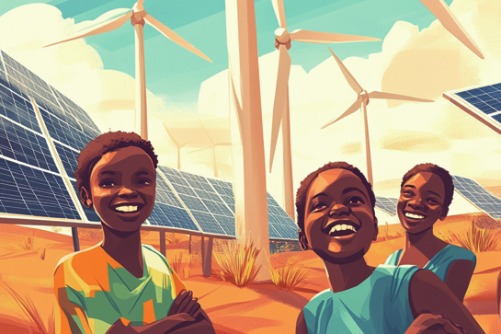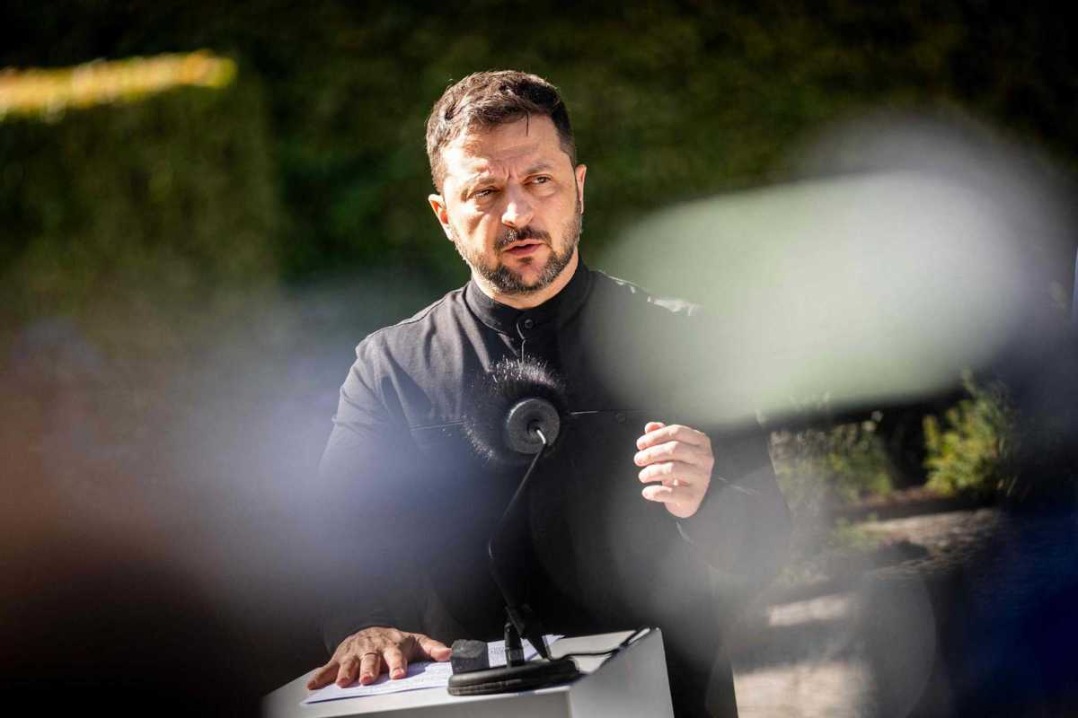Report on open global economy to be launched before G20 summit


By completing a report on open global economy ahead of G20 leaders' arrival in Japan soon to forge consensus on challenging global situation, 16 experts worldwide have teamed up to explore how the world should respond at a time when globalization is at risk.
The Preview Policy Report for G20 Osaka Summit--Working Together to Build an Open Global Economy is jointly compiled by the editorial team of China Watch Institute, China Daily’s communication-led think tank, and the Institute of World Economics and Politics of the Chinese Academy of Social Sciences. The Osaka Summit will be held on June 28-29.
The report will be launched on June 25 in Osaka when China Daily and the Chinese Academy of Social Sciences (CASS) hold the International Forum for Open Global Economy. Supported by several other international institutions and think tanks, the pre-summit forum is co-organized by the Asian Development Bank Institute and Japan-China Science, Technology and Culture Centre.
In this report, insightful opinions such as “An open global economy brings benefits to all” by Zhang Yuyan, a member of the CASS and director of the IWEP; “Infrastructure being built now has to be totally sustainable” by Nicholas Stern, chair of the Grantham Research Institute on Climate Change and the Environment at the London School of Economics and Political Science; and 14 other leading scholars worldwide offer valuable pointers and in depth thinking of how to build an open global economy.
In the preface, Zhou Shuchun, publisher and editor-in-chief of China Daily, says the world faces a great risk of unilateralism and trade protectionism undermining the healthy development of the global economy.
Facing acute headwinds, many countries have realized that fighting trade protectionism requires joint efforts to prop up globalization and protect the current multilateral trading mechanisms, Zhou says.
"Chinese President Xi Jinping has pointed out that building an open global economy is a key solution," Zhou says.
President Xi first proposed the building of an open global economy to the international community as early as in 2013 when he first attended the G20 Summit as head of state in St Petersburg.
Xi has reaffirmed the concept since then, and at the 2018 G20 Summit held in Buenos Aires, he called on all countries to aim for an open global economy, and fight protectionism and unilateralism.
Key Findings
The report explores why an open global economy matters, especially in the current global context, and how to improve it through wide policy synergy, expanded cooperation at various levels and sectors, and through inclusive and sustainable development.
Sixteen renowned experts worldwide shed light in this report, building up a few key takeaways and pathways for building an open global economy:
* The current risks and challenges facing the world’ economy are not byproducts of economic globalization but the result of obsolete concepts of a zero-sum game and winner-takes-all.
* An open global economy features greater specialization and facilitates trade and rules-based governance, which boosts technological advancement, nurtures more high-caliber talents, and promotes innovation and inclusive development.
* Multilateral mechanisms, including the G20, remain the center of gravity in global governance for tackling complex, transnational issues; but they should dovetail with regional and sub-regional mechanisms as well as special arrangements in such fields as finance, infrastructure and climate change
* Building an open global economy is in everyone’s best interest, with governments being more flexible to vertiginous changes, businesses being more adaptive to innovation, and individuals having an open attitude to change, competition and continuous learning.
* Trans-national policy coordination should be reinforced through top-level communication multilateral mechanisms and bilateral dialogues, as well as new public tools such as the Belt and Road Initiative.
* Innovation and new technologies should be advocated, which improve the efficiency of resource use and create alternative solutions to current and future challenges.
* Overarching development goals for humankind, such as the Sustainable Development Goals, should be well interwoven in the process of building an open global economy to benefit all.
16 Report Contributors
Dennis Pamlin, senior adviser at Research Institutes of Sweden and a visiting research fellow at the Research Center of Journalism and Social Development, Renmin University of China.
Frank Rijsberman, director-general in Global Green Growth Institute, an interna- tional organization headquartered in Seoul, South Korea.
Fred Krupp, president of Environmental Defense Fund, a non-profit organization.
Gao Haihong, director of the Research Center for International Finance of World Eco- nomics and Politics, Chinese Academy of Social Sciences.
Guillermo Santa Cruz, director of the Chinese Investment Monitor of the Argentina-China Chamber of Commerce, and a member of the Argentine Council for International Relations.
Jim O’Neill, chair of the Chatham House based in London.
Kevin P. Gallagher, professor and director of the Global Development Policy Center at Boston University.
Nicholas Stern, chair of the Grantham Research Institute on Climate Change and the Environment at the London School of Economics and Political Science, and co-chair of the Global Commission on the Economy and Climate.
Olav Kjørven, chief strategy officer of EAT, a global platform for food system transforma- tion based in Stockholm.
Richard Kozul-Wright, director of the Division on Globalization and Development Strategies at the United Nations Conference on Trade and Development.
Stephen Roach, faculty member at Yale University and a former chairman of Morgan Stanley Asia.
Tian Huifang, senior research fellow with the Institute of World Economics and Politics, Chinese Academy of Social Sciences.
Xiong Aizong, assistant researcher at the Institute of World Economics and Politics, Chinese Academy of Social Sciences.
Yang Bojiang, director of the Institute of Japanese Studies, Chinese Academy of Social Sciences.
Yann Bonduelle, partner and data & analytics leader of PwC Japan Group.
Zhang Yuyan, member of the Chinese Academy of Social Sciences, and director of the Institute of World Economics and Politics, Chinese Academy of Social Sciences.


































